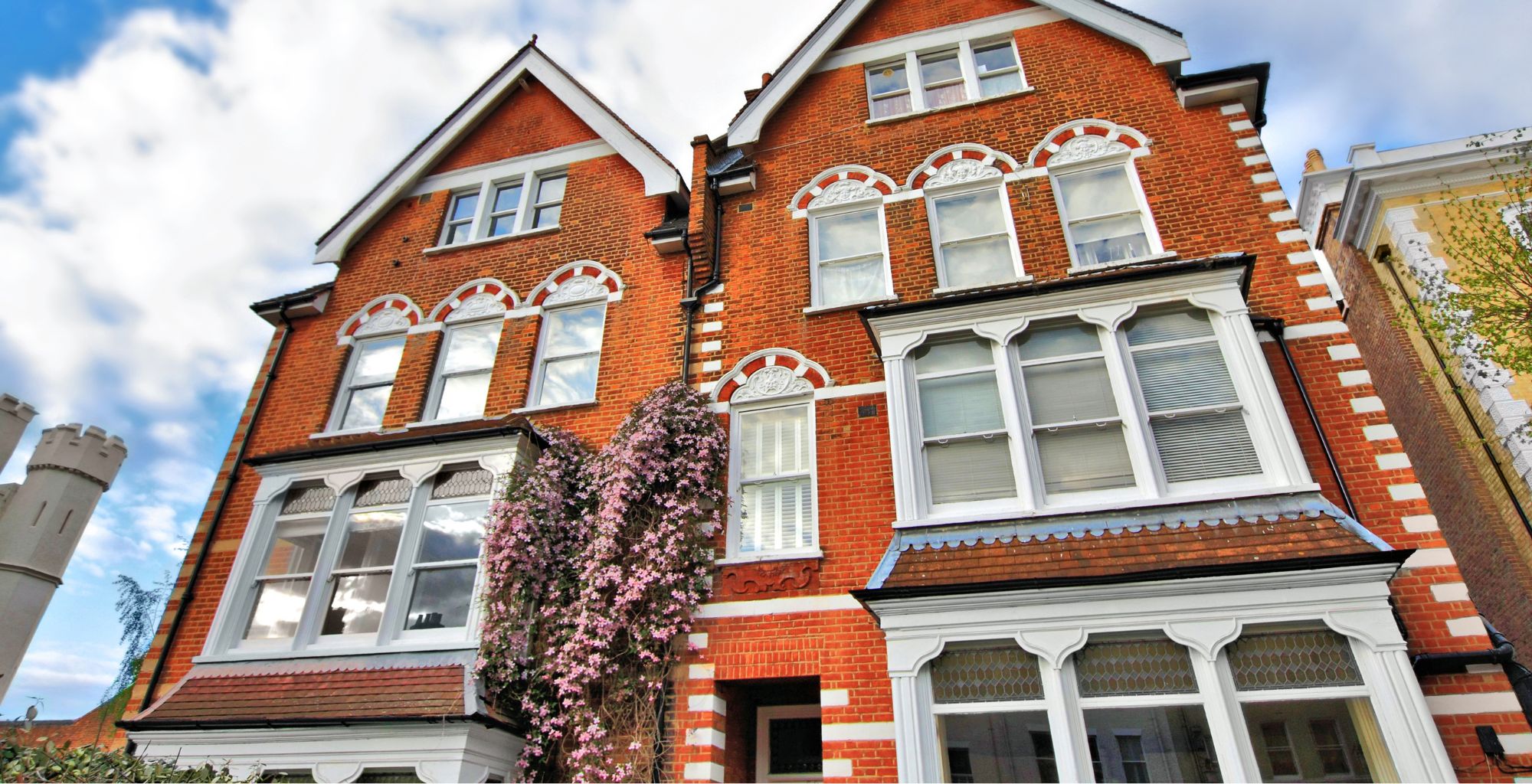Have you thought about moving to London Zone 4? For greener surroundings, more space, and a slower pace of...

Places to buy investment property – city or country?
If you are looking to buy an investment property and are trying to establish the best place to invest in property in the UK, you’re likely considering and it is a question we’re often asked; where is better– the city or the country?
The answer is that it isn’t as easy to decide as it may seem, with some answers depending solely on your own choices and preferences, while others are driven by external factors including planning for the future and potentially selling.
What do you need to consider when buying an investment property?
To get a steer on whether you should invest in a city or country property, ask yourself these questions:
- What do I want the property to do? e.g. have fast capital growth, generate a steady income, or both?
- Is it going to be a let property now that I can then retire to when I give up work or, is it purely an investment?
- What type of tenant am I looking to attract? – young professionals, families, students or holiday guests?
- How hands-on do I want to be in managing the property? (This will affect the location you choose)
Invest in a city or country property?
Once you’ve answered these, you’ll have a better idea of the best type of location to look for an investment property.
For example, if your answers are:
- Capital growth and income
- Purely an investment
- Students
- Can be hands-off
Then you can turn your attention to looking at University towns and cities. There are around 30 areas classed as university towns and the same number classed as university cities.
From there, you can look at each area to see what matches your budget.
Choosing the best areas to invest
At the time of writing, for example, data shows that Manchester is enjoying the highest annual growth rate at 7.4%, followed by Liverpool (7.2%), Birmingham (6.8%) and Leicester (6.5%).
Rental yield is also an important factor to consider, whilst in almost all areas of the UK property price growth has reduced the ability to achieve double figure yields it is important to buy a property that offers a solid yield for that area and particular purchase.
It is equally important to buy in an area that has strong rental demand for the type of property you’re hoping to buy. Whilst in some areas the properties may seem cheaper, if you’re not going to appeal to the right type of tenant for your investment it could be a costly mistake.
For landlords, a void period, where no one is renting the property, is the worst situation and can often result in accepting lesser rent long term simply to get someone moved in.
Regeneration areas
This said, if you have a tight budget and are willing to take a calculated risk, look for upcoming regions – think: places where there is massive regeneration and improvement to infrastructure.
In 2010, for example, Margate in Kent was a fairly rundown seaside town, with lots of empty shops on the high street.
Following the building of the Turner Contemporary Art Gallery in 2011, the town attracted more footfall, with more businesses setting up and thriving as a result. Property prices increased – the period 2015 to 2016 enjoyed a 12.5% increase – levelling off to a, still healthy, 4%.
Where not to buy investment property
While we have given pointers on what to consider when investing, even when you do find your ideal area, there are also some factors that should act as red flags when considering buying an investment property.
Saleability: If you’re compromising on factors and purchasing a property that has been on the market for a while and has a lower price as a result ask yourself what another purchaser might think. Perhaps the property backs onto a very busy trainline or road that would put others off? Thinking ahead will ensure you make a well thought through decision.
High service charges: If you’re considering purchasing a property in a block or other situation where a service charge applies remember to factor this in. We often find certain blocks simply don’t work as investments because the service charges eat into the rental yield too significantly.
Sitting tenants: Whilst this isn’t a regular occurrence it’s important to get clued up in case such a circumstance comes up during your search.
Poor transport links: Whilst you might see nothing wrong with a half an hour walk to reach the nearest station, potential tenants might not agree. If you’re buying in an area, particularly city suburbs, where tenants will expect to be able to commute into the city centre with ease, make sure you buy in a location that has good connections within a short walking distance.
Next steps
If you’re considering purchasing an investment property and would like help to decide the best place to invest and assistance finding the perfect property, our team of professional property finders have sourced an acquired many properties on behalf of private clients, building investment property portfolios across the country.
At Garrington, we pride ourselves on offering a bespoke property finding service; we are on hand to navigate the market, find the ideal property, negotiate and secure the property on the best possible terms and are on hand throughout the purchasing process and through to completion. Thereafter we can guide and advise clients with any home improvements, liaise with letting agents and manage investment property portfolios. To learn more about how we could help you find your ideal investment property please, contact us.



